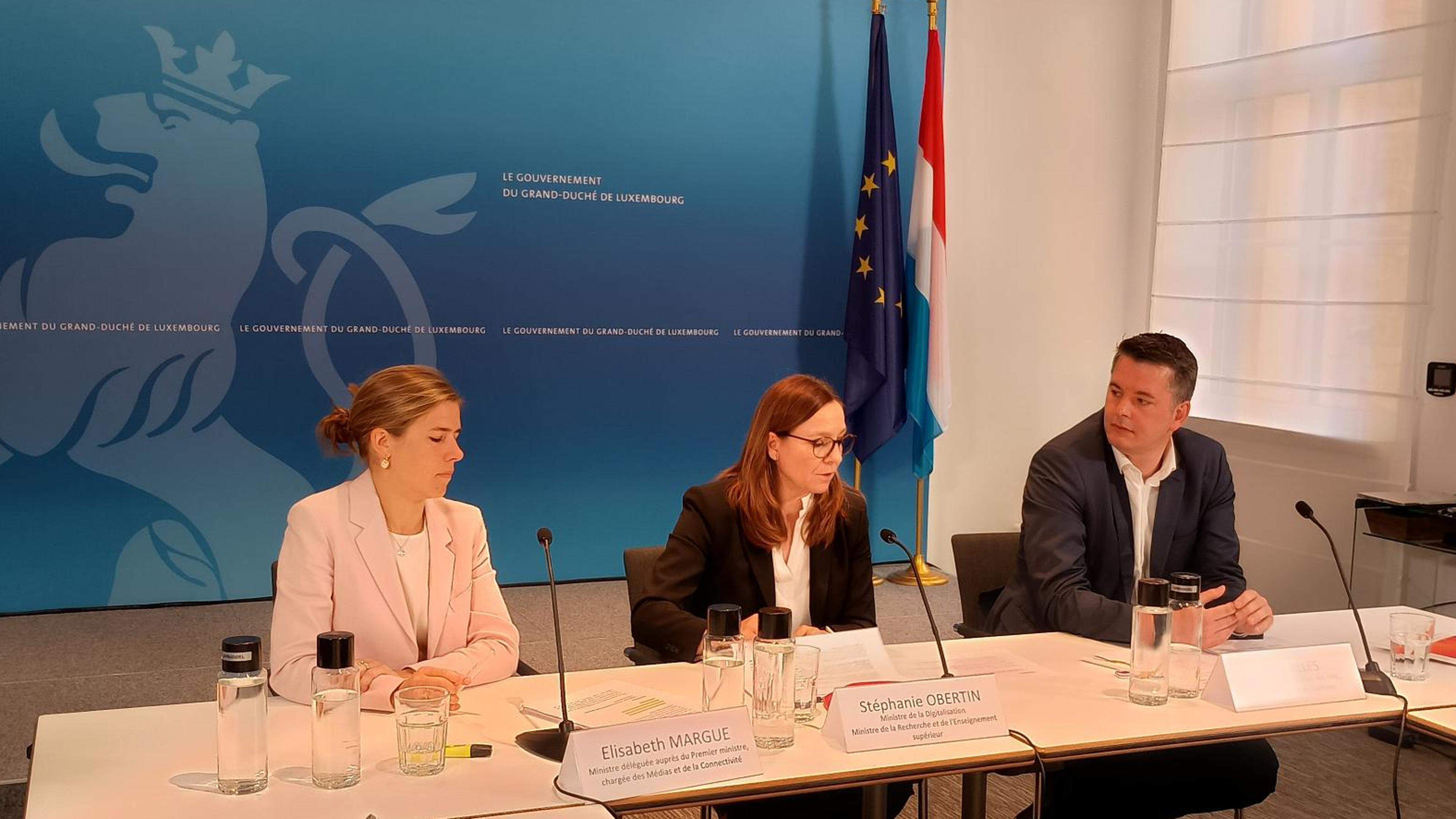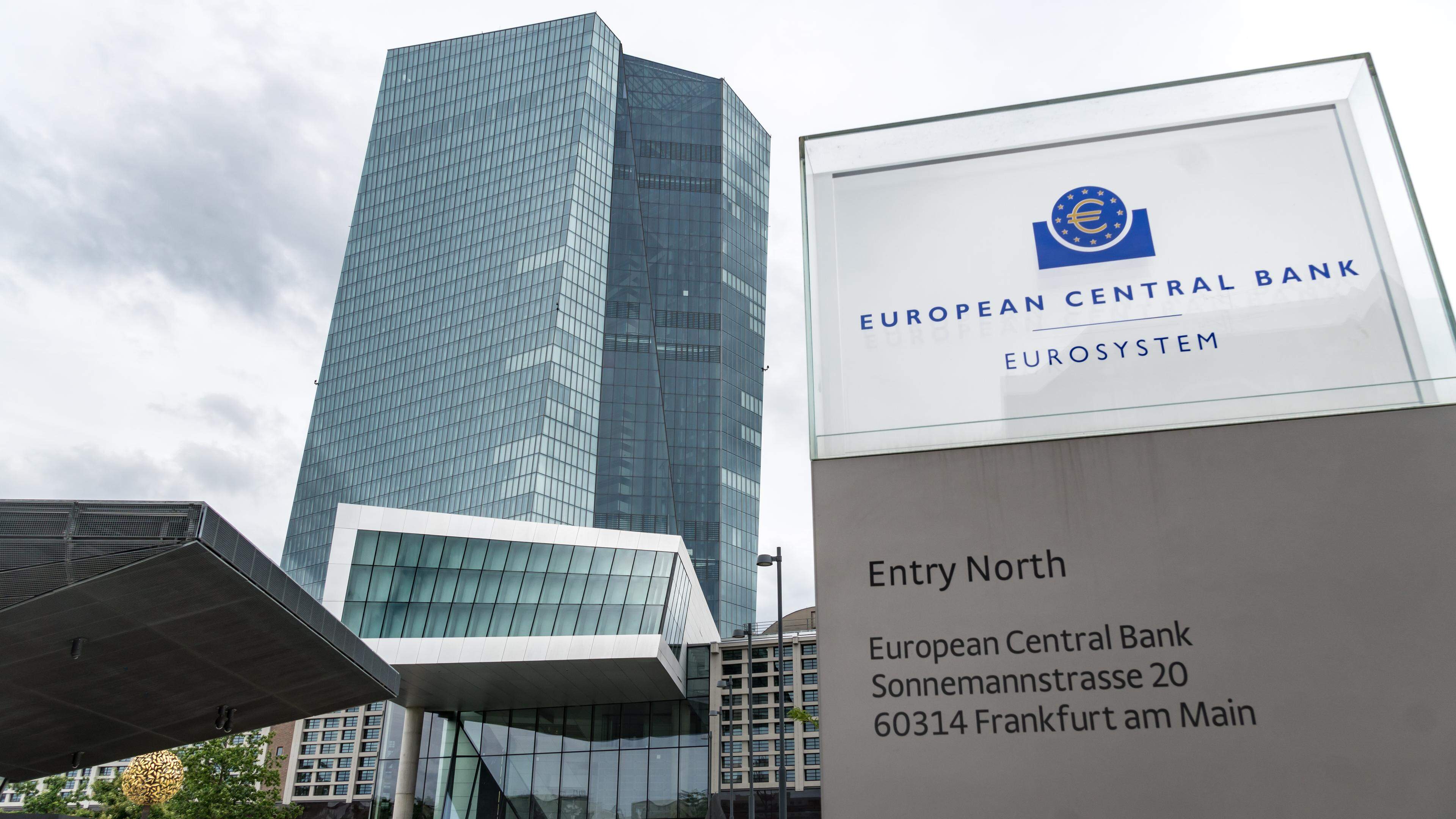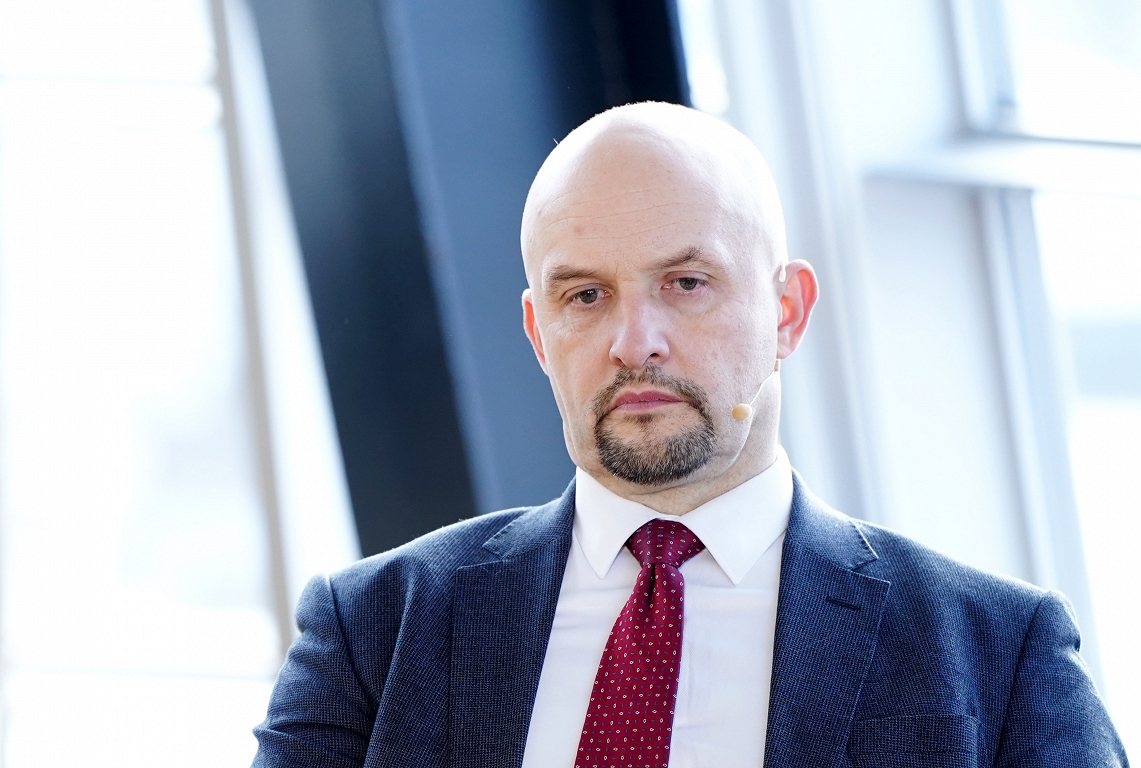Data, AI and quantum computer: Government introduces digital strategy

Artificial intelligence (AI) is already changing the reality of work in Luxembourg companies and authorities at rapid speed. The development is only at the beginning. It is high time for the government to give itself a comprehensive digital strategy for future key technologies. The AI strategy, which was valid until the end, dates from 2019, a time when Chatgpt and Openai was only known to a few nerds in Silicon Valley.
On Monday, the government presented a new strategy initiative to promote the « digital sovereignty ». It should be across; A “Whole-of Government” approach was chosen, the press release says. The strategy was therefore presented immediately by three ministers: Digital Minister Stéphanie Oberin, the deputy Minister of Media, Elisabeth Margue, and Minister of Economics Lex Delles. Further ministries were involved in the development of the strategy, the press conference said.
In addition, the initiative is not limited to a specialist area. On Monday, the ministers presented three strategies for digital key areas: AI, dealing with data and quantum technology. A joint vision should guarantee « coherent action », said Margue.
Luxembourg wants to become a pioneer
Especially in the area of AI, the government wants to create a framework that makes implementation as easy as possible for the companies. Initiatives such as the « AI Factory » are intended to take the fear of contact with technology and accompany specific projects.
Luxembourg wants to be among the first countries to transfer the « AI Act » of the EU « in a pragmatic way » to national law, says Margue. AI is also intended to help improve public services. That is why the « Center des Technologies de l’Inelligt de l’état » (CTie) develops a competence center to support the technological implementation in authorities.
Data as raw material
The basis for the use of artificial intelligence is data required to train the AI models. Data is the « Matière Première » of the digital economy, emphasizes Stéphanie Oberin. Compared to larger countries, Luxembourg only has a very limited amount of data. This should be compensated for with the high quality of the data, explains the digitization minister.
Instead of data silos in the authorities, a kind of data pool is to be used, the data in it should be interoperable and structured. A planned law is intended to create a legal basis for data exchange between state, business and civil society.
What Luxembourg’s Ki factory should bring
It is hardly yet possible to see what effects the revolution in the field of artificial intelligence (AI) will have on the economy, state, society and the individual. Nevertheless, the next digital upheaval is already emerging on the horizon: quantum technology.
Challenge for IT security
Quantum computers work based on quantum physics. In a few years, they could put everything known in the shade in terms of computing power; A challenge in particular for IT security: passwords and conventional encryption, for example, are therefore obsolete because they can be decoded in a fraction of a second.
In order for the country to be prepared for this, Lex Delles presented a national strategy for quantum technologies for the first time on Monday. Technology is on a similar stand today like AI a decade ago, says Delles. At first, she is particularly interesting in research before the companies implement the first projects in a few years. Luxembourg wants to see that one is one of the pioneers, according to the Minister of Economy. A start is the Meluxina-Q quantum computer, which should enable research in the area.
All three pillars also flow into the revision of the national research and innovation strategy.








